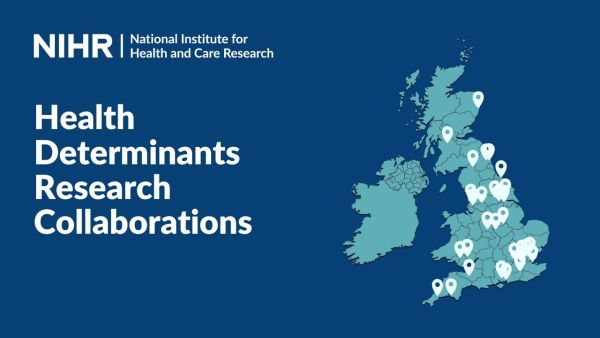Blog
EALC Director to Chair NIHR research project!
Kathryn will chair the steering committee for a Health Determinants Research Collaborative project from a £289,000 NIHR Grant
The HDRC, established in 2022 with NIHR funding, focuses on strengthening the Council's research capacity to address the wider determinants of health and reduce inequalities across the district. Its mission is to equip policymakers with evidence-based insights that inform measures to improve public health.
With extensive experience in delivering high-profile projects in education and health, and the data-based work that is being rolled out through our Act Locally programme, Kathryn is well-placed to deliver this important research project in Bradford.

The latest award will fund a two-year research project that aims to provide actionable insights that will help develop a trusted local data system. The expected outcomes include:
- Improved understanding of public attitudes toward the use of routine data.
- The creation of a public participation panel to oversee data governance.
- Recommendations for an age of consent for data use based on research findings.
- A co-production guide for HDRCs and local authorities.
- Guidelines for communicating how data is collected, shared, and used, ensuring transparency and building public trust.
An example of routine data held by the Council includes educational data used to measure and monitor young people post-16 that are Not in Education, Employment and/or Training (NEET). This allows the local authority to review the range of support and services available during the transition to adulthood, making sure it supports young people to have the best outcomes they can.
Rob Shore, HDRC Data Manager and Project Lead, commented:
"Many factors that influence our health – from housing and streets to green spaces, schools, and shops – lie outside the NHS and are shaped by local authorities. Working directly with communities across the District, we want to explore how best to communicate the use of routine data and ensure that local authorities are transparent in how they use data to address health inequalities. We're looking forward to engaging with the public in this important work."
